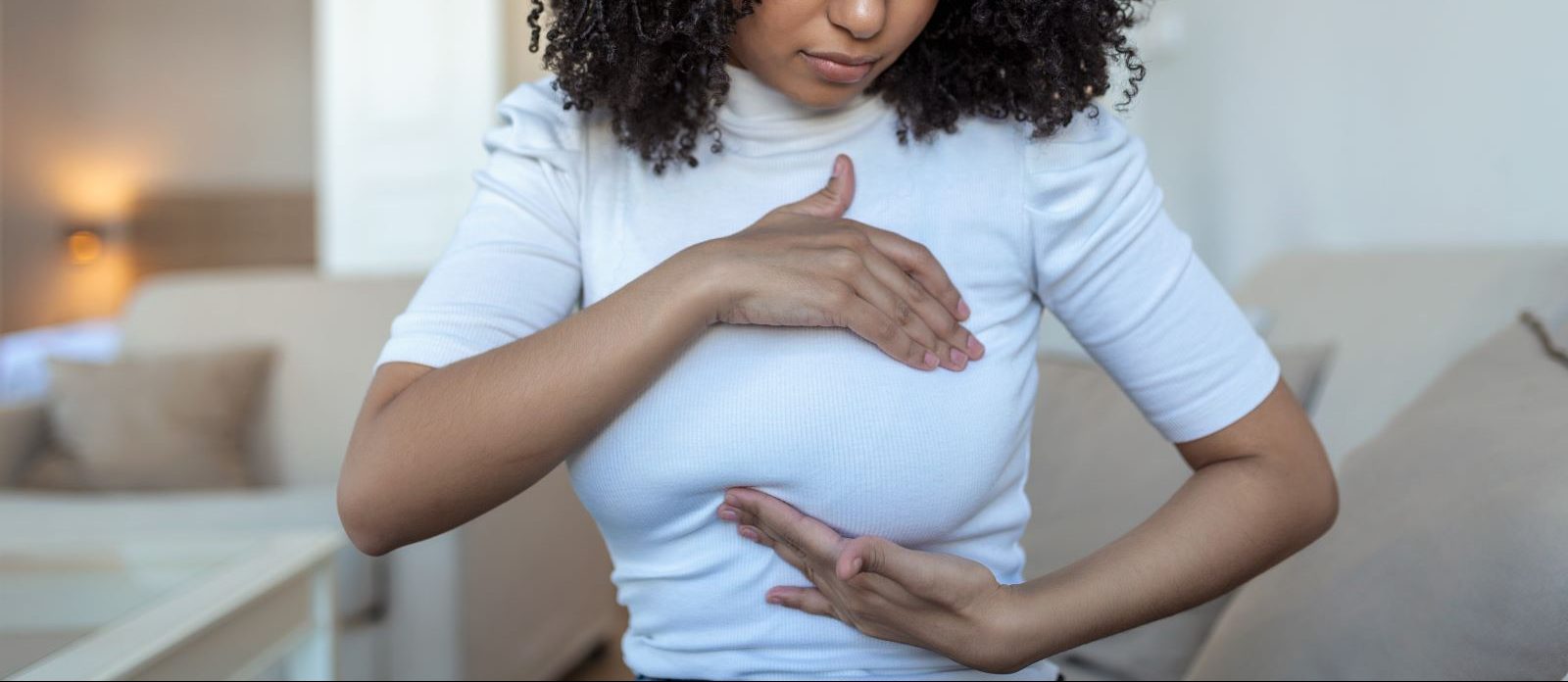<< Back
This New Guideline Could Help Detect Breast Cancer Sooner

April 01, 2023
The Food and Drug Administration (FDA) has released a new national guideline for breast cancer screenings that could potentially help detect the disease sooner.
“The guideline now requires mammogram providers to notify women if they have dense breast tissue and recommend a consultation to determine if additional imaging is needed for breast cancer screening,” says Whitney Young, MD, breast surgeon with the Hartford HealthCare Cancer Institute at MidState Medical Center.
Why does breast density matter when it comes to cancer detection? Dr. Young explains.
What are dense breasts and how do I know if I have them?
Nearly half of all women who are age 40 or older are considered to have dense breasts.
“Dense tissue describes the composition of fat and glandular tissue in the breast. A radiologist will identify the density of a woman’s breast during a mammogram,” says Young.
Breast density tends to decrease with age and when a women’s body mass index (BMI) increases.
> Want more health news? Text StartHere to 85209 to sign up for text alerts
Is there a correlation between dense breasts and breast cancer?
According to Dr. Young, women with dense breasts do have increased risk of developing breast cancer in the future, but it’s not a guarantee.
> Related: 5 Mammogram Myths That Shouldn’t Stop You From Being Screened
What additional screening do I need if I have dense breasts?
“During a mammogram, breast cancer will show up on the x-ray as a white lesion located within the breast. Tissue in a dense breast also appears white on the x-ray, which sometimes makes it difficult to see if a lesion is present during a mammogram,” explains Young.
Once notified that they have dense breasts, women should have a yearly ultrasound to supplement their mammogram as an added layer of screening. Women should consult with their providers about the additional screening.
As a reminder to all women, mammograms should begin at age 40 and take place yearly. Women with a family history of breast cancer or other risk factors may want to start even sooner and should discuss those recommendations with their doctor.